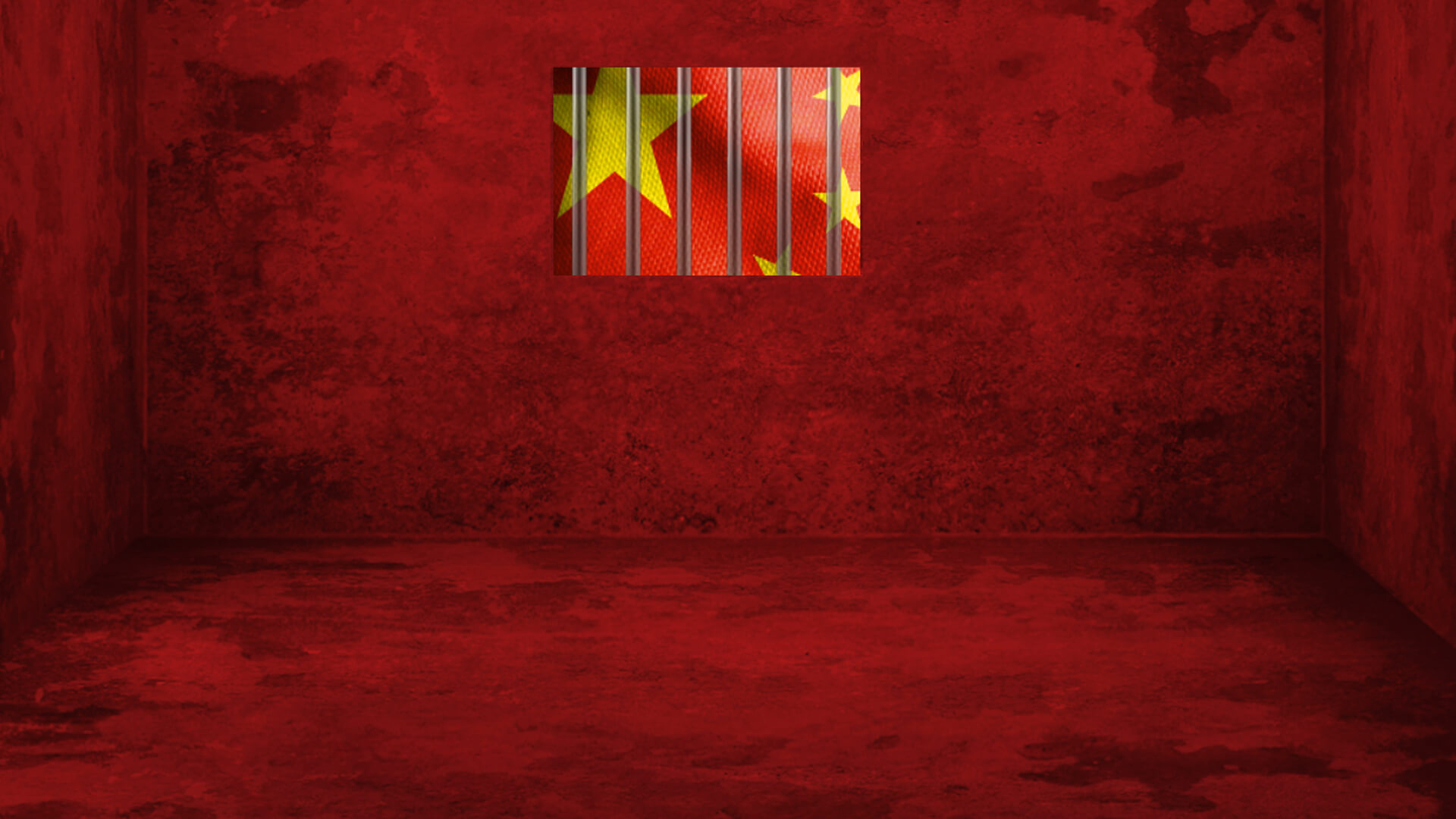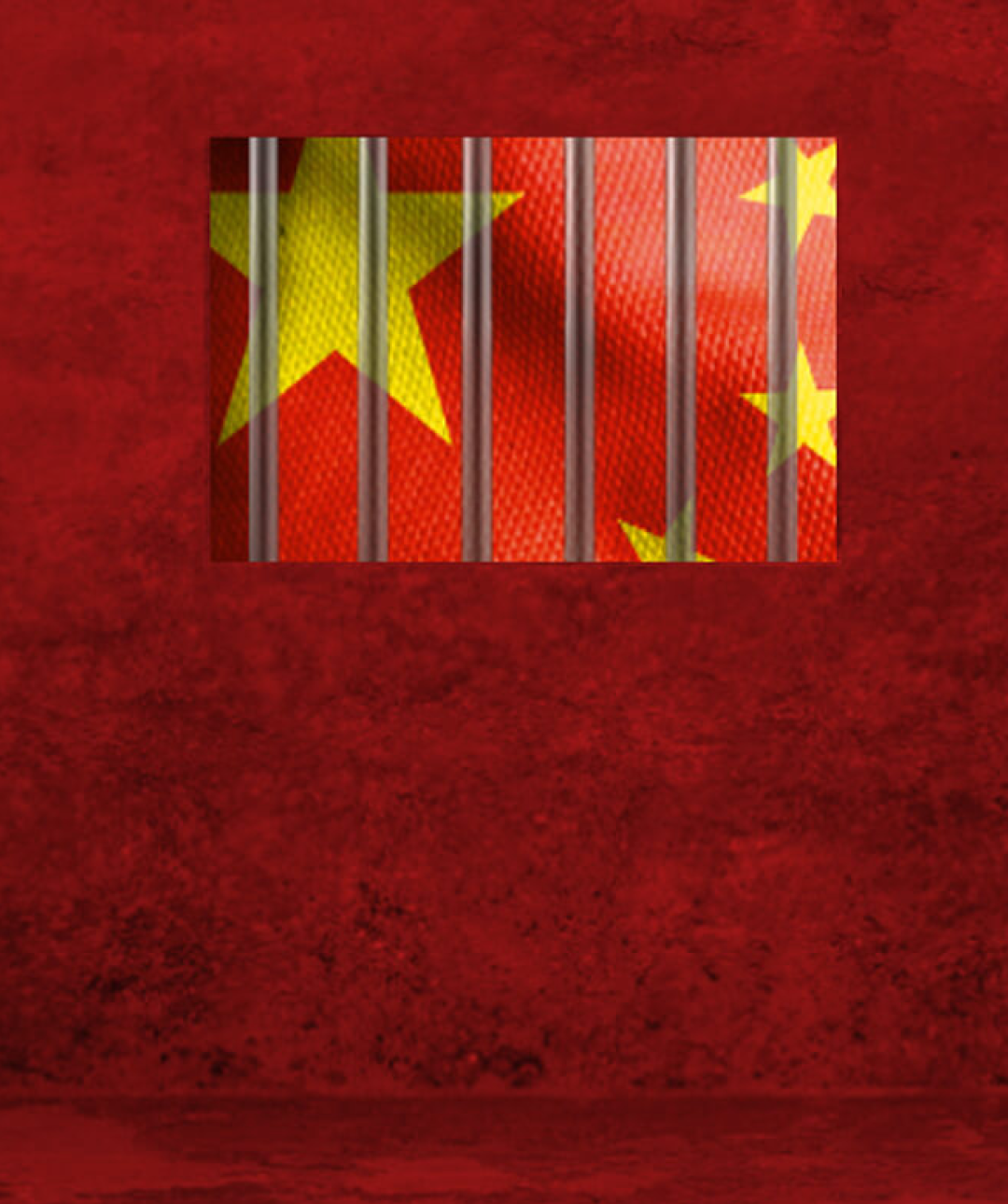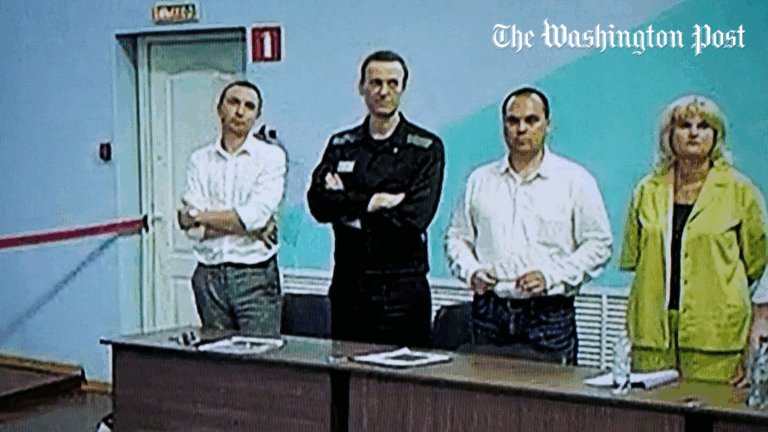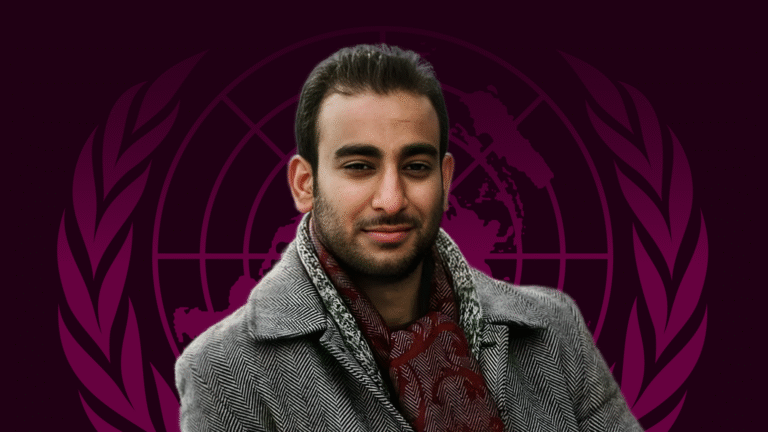NEW YORK (August 6, 2021) — Last month, the Chinese Communist Party (CCP) marked its 100-year anniversary with fireworks and extravagant displays to distract the world from its appalling human rights abuses. Today, the Human Rights Foundation (HRF) published a report highlighting the similarities between the suppression tactics implemented by the Chinese government in three focus regions — Tibet, Xinjiang (the Uyghur Region), and Hong Kong. With this report, HRF hopes to shine a light on, and further contribute to the understanding of, the CCP’s state-sponsored repression against civilians in these areas.
HRF’s report reveals that the CCP’s primary methods of quashing dissent, demanding ideological compliance, and instilling fear include political disenfranchisement, mass crackdowns, arbitrary detentions, religious repression, educational interference, and cultural suppression, as well as disregard for freedom of assembly and movement, and even genocide.
“As the CCP celebrates 100 years, Xi Jinping seems obsessed with recreating Mao-era absolutism with himself at the center of the power,” said HRF President Thor Halvorssen. “Unfortunately, thanks to the international community’s unforgivable neutrality, our expectation is that the CCP will continue to adapt its methods of repression to achieve complete political and ideological conformity. History has shown us, however, that even entrenched, God-like hegemonic despots like Xi can fall loudly and abruptly.”
Over the past several decades, the CCP has become more fearless in attacking fundamental human rights in order to advance its own political goals, especially under Xi Jinping. The severe repression carried out by China’s authoritarian government in Tibet, the Uyghur Region, and Hong Kong is directly connected to the regime’s objective to consolidate its paramount power.
HRF’s report suggests that these tactics are similar among the three focus regions, but vary in scope, and are constantly being refined and recycled. Several of the CCP’s tactics were first introduced in Tibet and the Uyghur Region, and have since been re-purposed to further restrict freedoms in Hong Kong, as evidenced in recent events such as the implementation of the national security law in 2020 and the resulting mass arrests, bans on public gatherings, increased censorship, and intensified fears of government surveillance.
HRF’s report also presents recommendations for both policymakers and civil society organizations that emphasize the urgency of implementing grassroots strategies and robust multilateral initiatives in order to strategically counter the CCP’s authoritarian influence, as well as safeguard fundamental human rights around the world.






